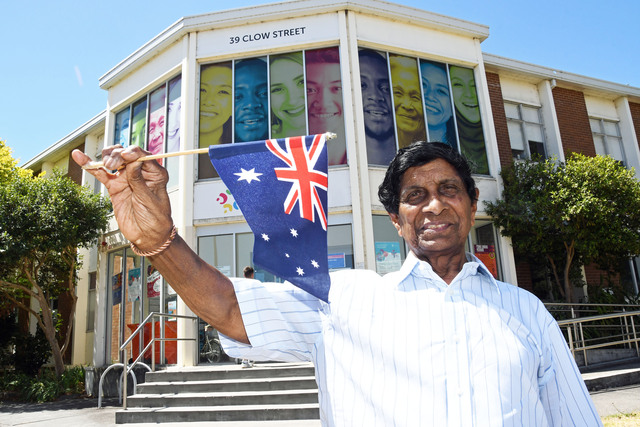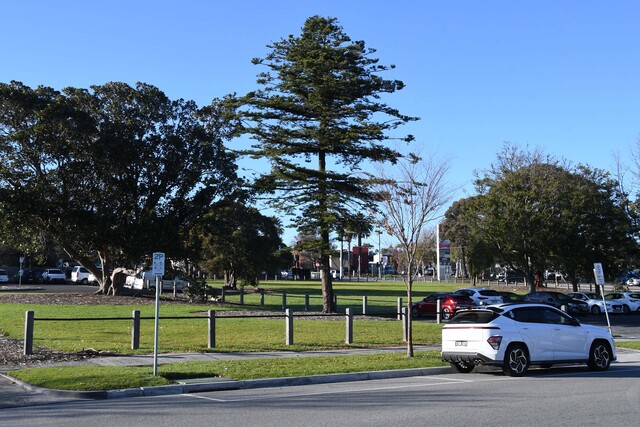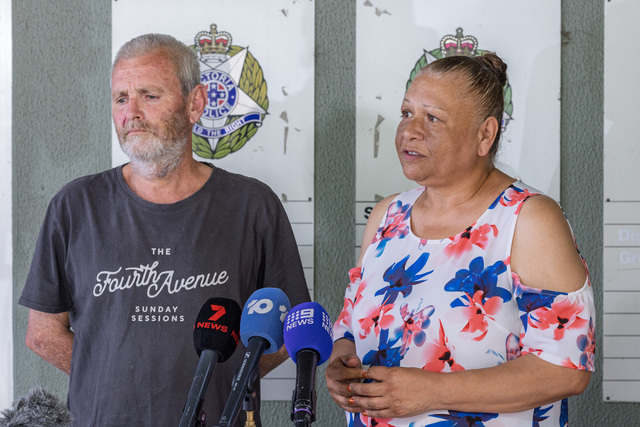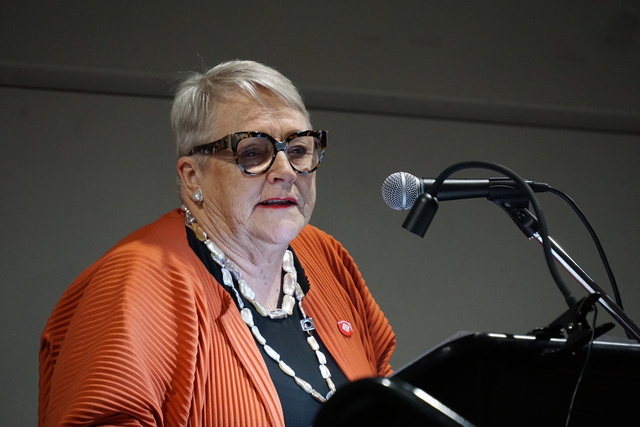More than 1600 people and counting are homeless in Dandenong.
Mission Australia CEO Catherine Yeomans visited the charity’s Dandenong office on Tuesday 13 September to call for help to halve homelessness by 2025.
She also called for funding through the National Partnership Agreement on Homelessness (NPAH) to continue past its current expiry date of next June.
The last census recorded 22,727 homeless men, women and children going without a safe, permanent place to call home every night in Victoria, including 1635 in Dandenong.
“We know homelessness is a big issue here in Victoria and in Dandenong and we expect since the most recent Census, that these numbers are on the rise,” Ms Yeomans said.
“There are no silver bullets but we know what works.
“We need to prevent people in high-risk groups from becoming homeless, fund evidence-based programs for people who are already homeless and ensure enough homes for people on low incomes.”
She said the Dandenong Mission Australia office ran intervention services including Transition To Work, the Navigator program and Communities for Children.
Transition To Work focuses on supporting 15 to 21-year-olds facing barriers to enter the workforce to pursue employment or further education.
Navigator helps 12 to 17-year-olds who are not connected to schools or are at risk of disengaging.
Communities for Children aims to improve the development, health and wellbeing of children aged 12 and under by addressing local needs and encouraging community participation.
Ms Yeomans said that intervening early to help young people stay in school, engage in training or find work, set them up for a better future and reduced their risk of homelessness.
The State and Federal governments commit $57.5 million a year to Victorian homelessness services through the National Partnership Agreement on Homelessness (NPAH).
But this agreement is due to expire in June next year, with no replacement funding in sight.
Ms Yeomans urged the governments to come to ensure vulnerable people had the support they needed so homelessness was reduced rather than increased in the future.
“Not only does it cause trauma for the individuals and families impacted, but it is also a major drain on governments’ budgets,” she said.
“If we can intervene early to stop people becoming homeless in the first place, governments save money on health, justice and crisis services and vulnerable people are not left without a home.”
Nowhere to call home

Digital Editions
-

Leap To Fame lifts the bar in Cranbourne Cup for the ages
It was a heavyweight title fight that certainly delivered on its billing. Saturday night’s $150,000 Group 1 Cranbourne Cup (2555m) will be talked about for…















